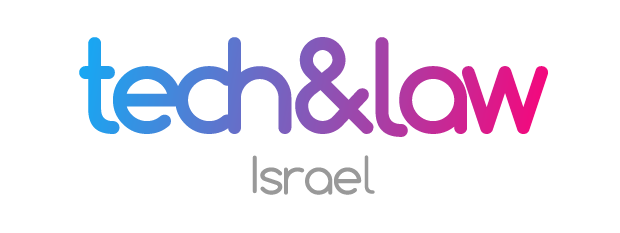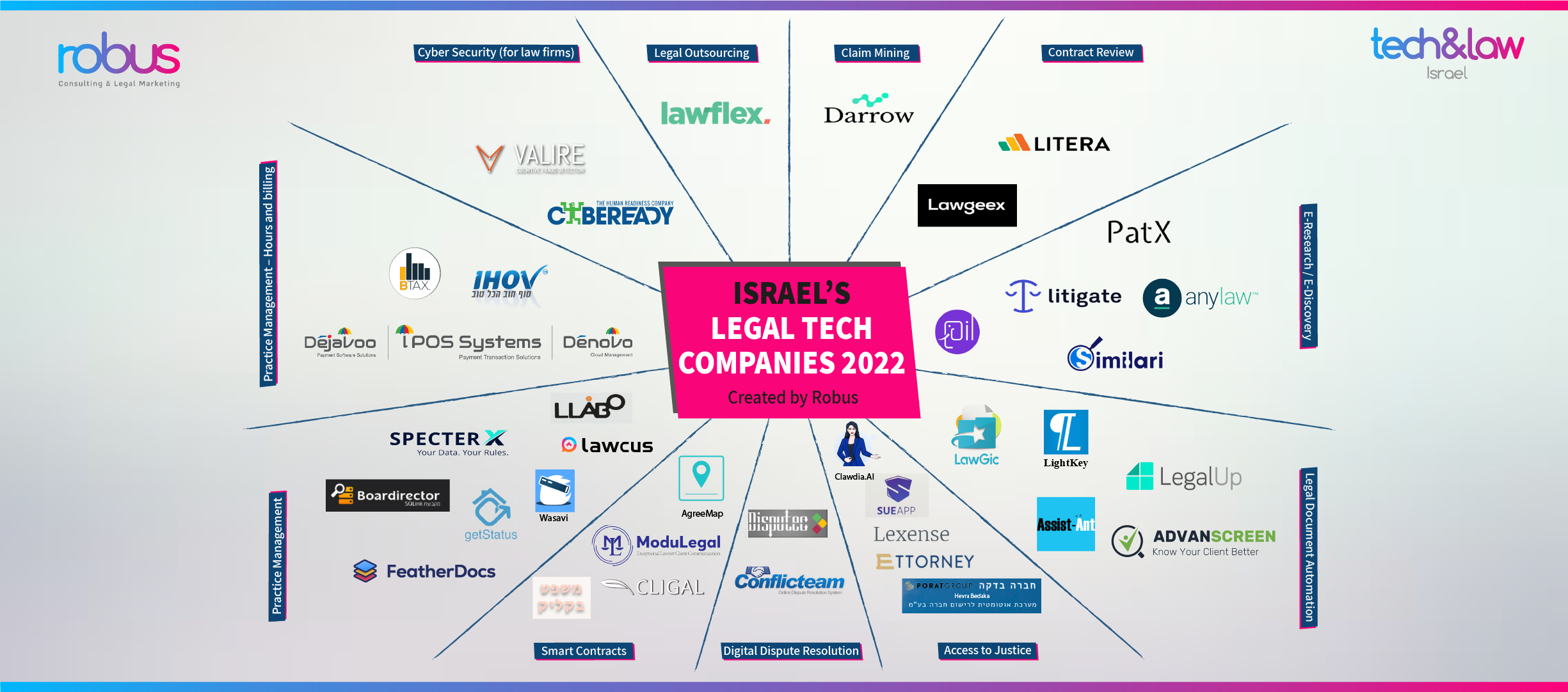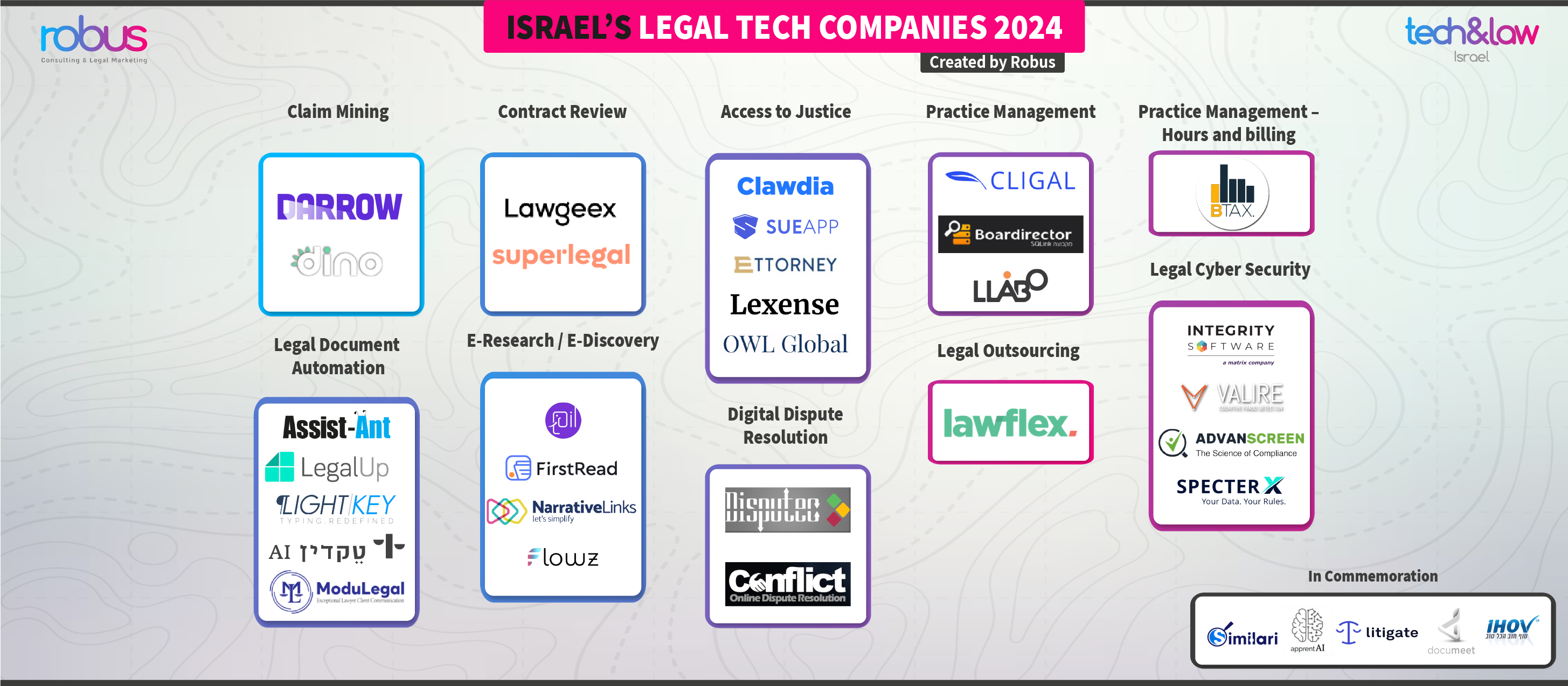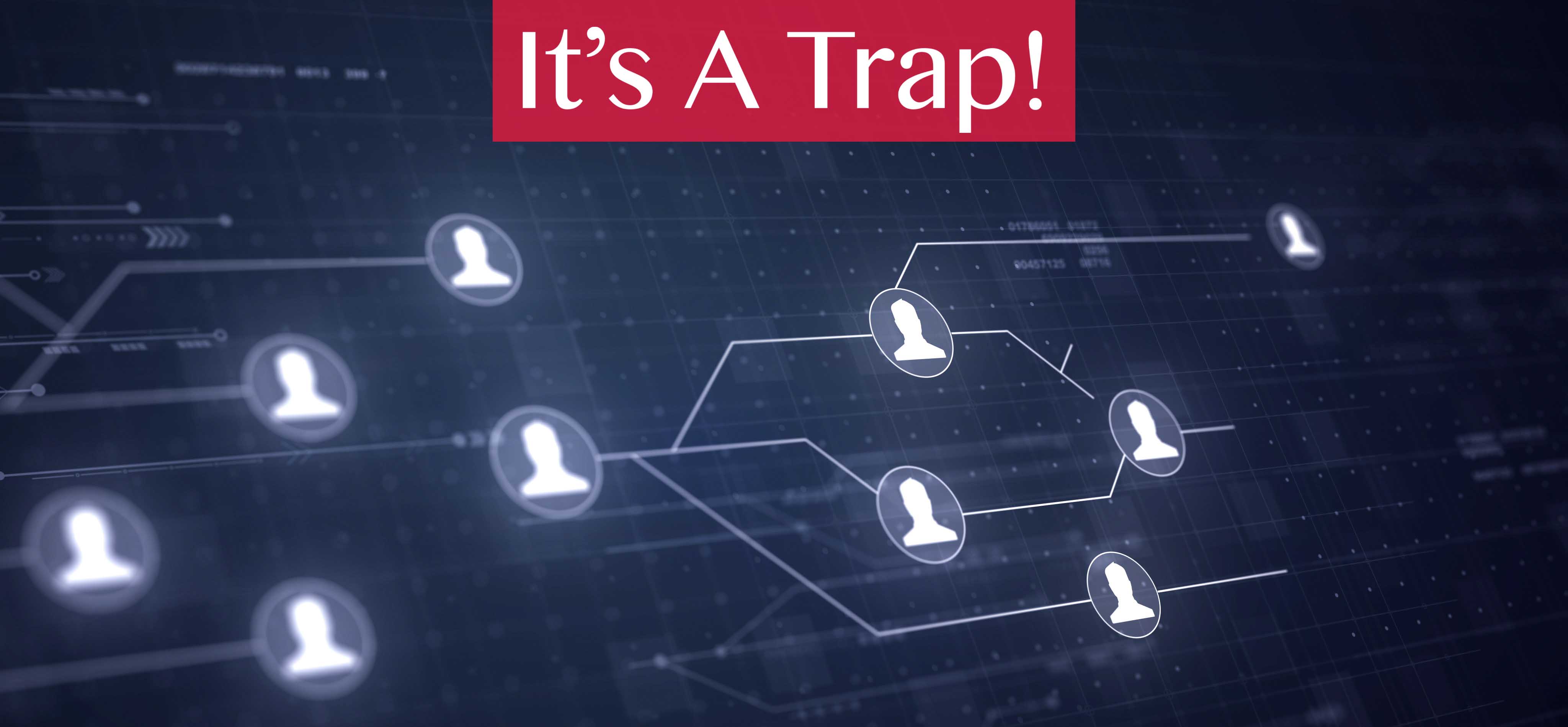
Amit Levin
Intern, University of Pittsburgh
There has been talk around the Israeli legal realm regarding to judges’ efficiency, or lack thereof. With a high up-tick in Israeli citizen appeal cases, judges look for solutions to be able to keep up with all the cases. Their inefficiencies with their workload have constituted several issues around the country, since several claims are not processed in a timely manner.
A solution involving increasing the courts’ budget was suggested, but that will only be successful to a certain extent. What the judiciary system needs is a long-term plan to help judges’ efficiency. This solution can be found in the growing field of legal technology.
Around the world, especially after the COVID pandemic, courts began to adopt technology as part of the judiciary process. One major change was the use of an electronic filing system rather than paper copies that were brought or sent out to the courthouse. On top of online filing, the appeal hearings were virtual as well. Both these virtual aspects allowed the US to resolve the cases at a record-breaking pace.
Sometimes during in-person court cases, a defendant fails to attend the court hearing, thus wasting the judge’s valuable time. With an online format, these default / automatic judgements were significantly cut. Relating this to Israel, if judges can eliminate the bottlenecks, they would be more efficient with the hearing process.
On top of the virtual trials, the US judiciary system has adopted several new technological advancements to help the appeal system run more efficiently. Israel’s judiciary system is in a great position to follow the US and implement new legal technology into the court rooms.
Israel, known as start-up nation, has over 50 legal tech companies and start-ups. Clearly, Israel does not have to look far to find the right technology. One helpful software the court systems could utilize is, among others, Litigate (https://www.litigate.ai/). This cloud-based Artificial Intelligence operations system would help judges manage their case load and help them complete the tedious tasks such as simple paperwork. By using Litigate, judges will free up a lot of necessary time that was previously consumed by managing their cases and filling out paperwork.
Another Israeli based legal tech company that the court system could intergrade into their daily routine is LawGeex (https://www.lawgeex.com/). This legal contract review software would allow judges to save valuable time going reviewing and editing contracts. The software reads over the proposed contract and redlines any discrepancy or incorrect/missing clauses. LawGeex can also use the courts own policies and review the proposed contract against it. The time judges use to review proposed contracts would be severely reduced, contributing to a more efficient court system. Litigate and LawGeex are only two of the many possible Israeli based legal technology companies that the Israeli court system could adopt in an effort to increase judges’ efficiency.
Our recommendation for the Israeli court system, is to utilize as much technology as they can to help unburden the judges, or in other words, to bring the legal tech sphere into the judicial system. If the pandemic taught us anything, it is that the world can still operate in an online format. The court system should utilize online court hearings for smaller claims while the larger cases are the ones that are presented in-person. This would allow for more cases to be heard.
To reiterate, the legal tech companies mentioned above are just two possible examples – there are multitude of other viable companies across Israel and the rest of the world. At the end of the day, technology is defined as “the application of scientific knowledge for practical purposes,” so why not make life easier and utilize as much technology as possible.







